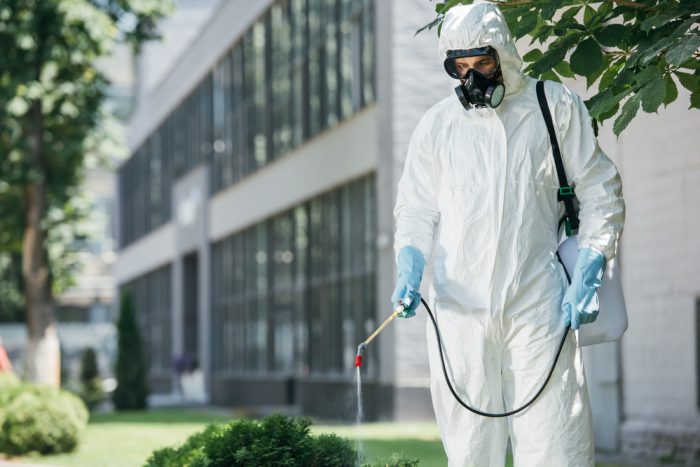Having a significant role in the meat-processing industry, Brisbane meat processors and other food industries ensure to deliver healthy and safe food items to the people. Being a food industry businessperson, you have to eliminate pests and other insects for healthy food production. This is because pests like cockroaches, rats, and ants get attracted to food processing centres, mainly in the packaging or ingredients due to food odours and light.
Whether you are an owner in a food factory or manager in the food processing area, avoiding the existence of pests can cost you with expensive damages. Some of the hazards that pests can cause your food manufacturing factory are as follows:
- Destruction to sewage systems because of brown rats
- Damage to machines which results in production downtime
- Food containers and packaging are ruined
- Eating the food in shops and bundles
- Food pollution due to pest droppings, urine, filth
- Rodents are the home for several mosquito-borne diseases
Looking at the above damages, if you want to identify or control the existence of pests in your food processing factory, then it demands the execution of pest inspection Brisbane. There are significant steps included in the overall pest examination process which a certified inspector executes to attain licensed food criteria and comply with laws.

Steps Included in an Effective Food Industry Pest Inspection Process
1. Inspection
The process of identifying the presence of pest starts with the routine inspection. In the food processing areas, each day review is critical. So, the pest inspector will concentrate on the areas where insects are likely to live like storage areas, and workers’ break rooms, etc. They will also examine possible entry points, harbourage zones, water and food resources, and much more that promote pest problems.
2. Preventive Maintenance
Once the thorough inspection is done, the inspectors will integrate a preventative maintenance program to prevent future issues caused by pests. This step is crucial as one cannot guarantee that the food area will be free from insects soon. The basic preventive maintenance schedule includes cleaning, sanitising, inspecting and replacing food processing machinery parts.
3. Diagnosis
Different pests have unique behaviours. Professional pest inspectors you hire will ensure to undergo a complete process of pest control and behaviour analysis. As soon as they identify the pest, they will examine the reasons for their existence like food moisture or debris accumulation. Also, questions like how will the fleas find their way to floors or can incoming imports be infested are answered to get the best results.
4. Treatment
Pest inspectors continue the process of pest control by using non-chemical control methods such as trapping or grief. They will use the best remedies in your food factory to eliminate the existence of rats and ants. The appropriate treatment might include baiting to trapping. However, with non-chemical treatment, you will not only remove pests but also secure the safety of the environment.
5. Monitoring
Pest control is a continuous process. Monitoring your food processing areas regularly can help you prevent infestation while removing the present pests. It is the best way to identify the presence of rodents or other problems in your food manufacturing factory and control their development in the future.
6. Preparing a Report
When the pest inspection procedures are completed, the inspector makes a detailed report on them. Your pest inspection report covers all the details on current and past pest activity in your food factory. It also will include any damage or construction faults which can result in future pest issues such as drainage problems. Additionally, the inspector is also committed to providing suggestions for pest treatments. This report will let you know what the pest inspector did, what they think is wrong, and what they can do to help remove pests.
Hire the Pest Inspection Company for Safe Food Processing
Hiring the pest inspector for your food processing company will help you eliminate the risks that come with pests while having a healthy and safe work environment. A pest control and inspection company complies with guidelines and ensure to minimise the possibility of pest regeneration. The overall pest inspection involves a thorough examination of your food processing factory for any evidence of pest activity and proof of dry rot damage or moisture circumstances that could lead to regenerate pests like rats, ants, and much more.
Wrapping Up
All in all, a pest in the food and drink processing business is dangerous as it can contaminate raw materials in a variety of ways. A pest infestation not only impacts your food factory shares but also can lead to loss of clients’ confidence, earnings, penalties, and prosecution. Therefore, early finding and monitoring of pest activity is significant for decreasing the chances of infestation. Hire the best pest inspection and control experts who will ensure to check all your food distribution chains effectively and provide pest-free surroundings.
Find a Home-Based Business to Start-Up >>> Hundreds of Business Listings.
















































